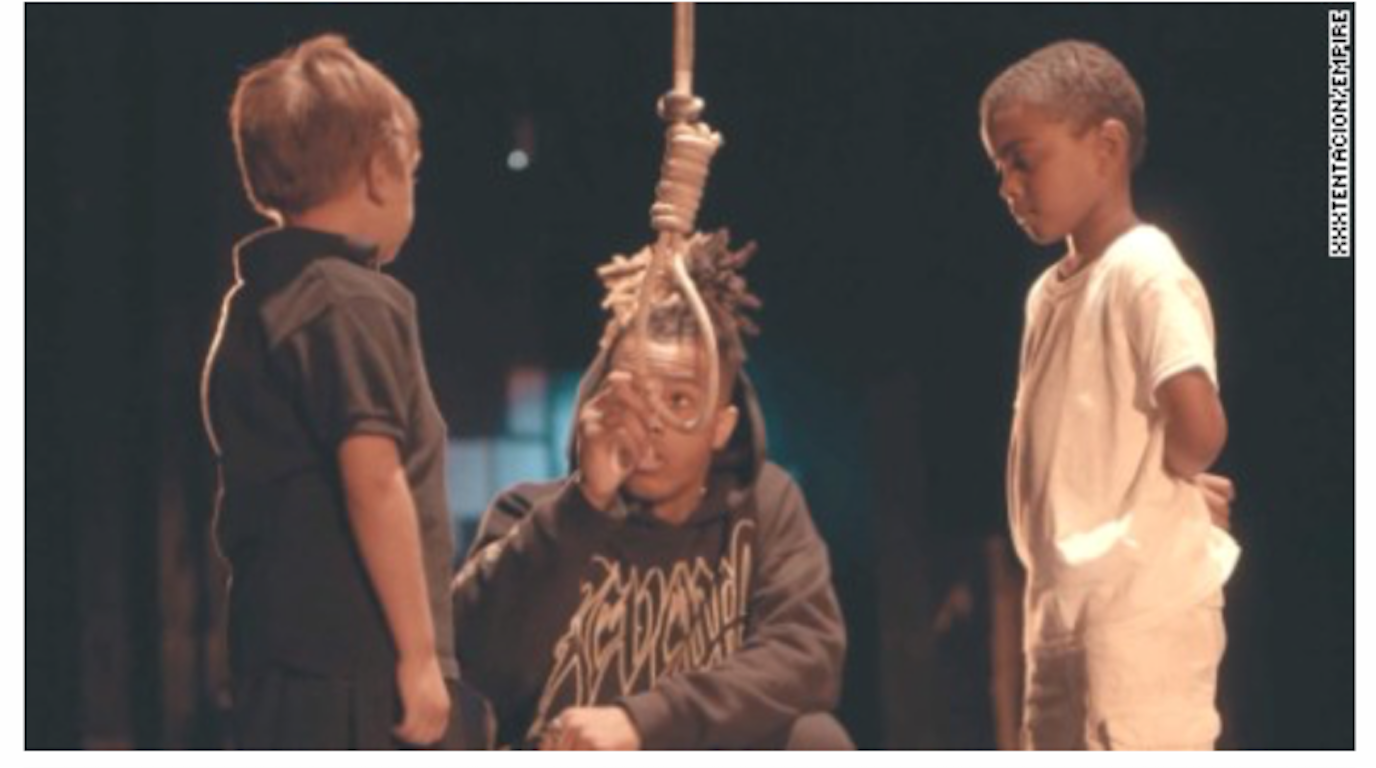
The war in Ukraine has taken social media by a blast, just as most social issues do for at least some time. A persistent issue that has re-emerged during these tumultuous times on social media is the beauty of freedom of speech. Varying opinions on a matter are valuable in encouraging open-minded and critical thinking. Yet, social media has become a key tool for spreading misinformation, hate, and violence. Upon reading some outrageous Instagram comments, I began wondering how social media is facilitating the spread of hate to extreme levels. More specifically, a lot of the hatred and anger may be misdirected, so I wonder how displaced anger is harmful to all parties involved, or whether it may occasionally be necessary.
Following the start of the war, there was a lot of news surrounding migration. One specific issue was how non-Ukrainians, including students from Africa and Asia, were being rejected at the border of Poland and other neighboring countries. Many people were understandably offended and enraged. It is also understandable that they recognize the unfair treatment when comparing the rights of Ukrainian refugees to non-white refugees. Less understandable, however, were the Instagram comments I read that attacked Ukrainian people for this issue. “I was supporting Ukraine but now I hope Russia fucks them up”. “Fuck Ukraine”. “I hope they die”. And the one that really struck me: “Nuke Ukraine”.
Of course, racism is a pervasive issue that requires vast attention and reform. But this case isn’t as simple as blaming Ukraine for being racist. It is not even Ukraine’s authority enforcing these decisions as these are the borders of the neighboring countries. To target those being victimized by a war and suggesting to employ the most destructive weapon known to man highlights a frightening reality of social media; it has become too normalized for users to project hate and violence without thinking about more productive alternatives. Undoubtedly, there is no excuse to be rejecting anyone from seeking refuge in dire times like this, no matter their race or citizenship. But this displaced anger cannot be productive in solving the issue of racism when the issue is as deep as hundreds of years of institutionalized discrimination. The many shifts from supporting Ukraine to wishing for them to be “nuked” are doing nothing but spread further hate and violence to people also experiencing oppression. Instead of targeting the deeply institutionalized characteristics of our social systems, some are directly targeting the citizens of Ukraine. The way the victims become the aggressors towards each other is harmful as this keeps the violence circulating on the wrong levels, while the true perpetrators remain unscathed. It is social media that allows for the immediate expression of hate and violence; this medium offers a quick relief of anger, however, it does nothing to solve the issue, it only diverts the anger to someone else.
This being said, the system as a whole is extremely difficult to penetrate and influence. Does that perhaps justify the outrage? Is the extreme anger and violence to Ukraine beneficial in the way that it catches the attention of others to inform them of the pervasive discrimination going on? It sure did get the attention of myself and numerous other social media users. However, I ultimately believe it is worrying that peoples’ primary instinct is to utilize hate and violence to attack others. Even more worrying would be if this becomes the only mechanism for attracting attention to social issues. A priority should be to find ways to penetrate the governing system before the only remaining way is to employ violence. Violence against the state in forms of protest is common. However, it will be more dangerous for citizens to turn against other citizens and begin blaming them for a matter they also cannot control. Victims of state oppression need to stay united in order to tackle the real perpetrator of many widespread forms of violence: the state.







